As Virginia’s population matures, many counties across the Commonwealth are supporting older adults by extending significant tax benefits. Senior tax exemptions—particularly property tax relief—help thousands of Virginians age in place, maintain financial stability, and enjoy a better quality of life. This comprehensive guide explores which Virginia counties are offering senior tax exemptions in 2025, the eligibility requirements, and the impact of these programs, while also highlighting vital facts, city names, and statistics every Virginian should know.
Navigating taxes can be challenging—especially for seniors living on fixed incomes. Local governments across Virginia recognize this, and in 2025, many counties offer senior tax exemptions to reduce or eliminate property taxes for qualifying older adults. These local programs address the unique needs of seniors, allowing them to retain more of their income for health care, living expenses, and well-being.
The Aging Landscape of Virginia
Virginia’s demographic profile is shifting. Between 2020 and 2024, the population of Virginians aged 65 and older grew by 13.7%. As of 2025, roughly 1 in 5 residents is aged 60 or over. In regions like the Eastern Shore, more than 36.8% of the population is 60 or older. The need for senior-supportive policies, including tax exemptions, has never been greater.
Cities like Virginia Beach, Richmond, and Norfolk are seeing hundreds of new retirees each year, but rural localities—such as the Southwestern and Southside counties—have the highest concentrations of older adults, sometimes exceeding 30% of their total population.
What Are Senior Tax Exemptions?
Senior tax exemptions primarily refer to programs that reduce or waive property taxes (and sometimes other taxes) for residents above a certain age—typically 65—or those who are permanently and totally disabled. These exemptions vary by locality in Virginia, as state law enables but does not require counties to offer such relief. Most programs focus on real estate taxes, which can be a substantial burden for seniors on a fixed income.
Key Virginia Counties Offering Senior Tax Exemptions in 2025
Eligibility rules, exemption percentages, and maximum relief amounts can vary substantially between counties. Below are notable Virginia counties and cities offering senior tax relief in 2025, along with an outline of typical requirements.
Fairfax County
Fairfax County, which includes major cities like Fairfax, Vienna, and Herndon, is home to over 1.1 million people and features one of the most robust senior tax exemption programs.
Key Program Features:
-
Age 65+ or permanently and totally disabled.
-
Income cap: The total income of all owners and relatives living in the household cannot exceed set limits (updated annually).
-
Net worth limit: Excludes the value of the home and up to 1 acre of land.
-
Percentage of exemption scales based on income, allowing partial or full relief.
Fairfax’s senior population is rapidly increasing, with residents aged 65+ making up more than 15% of the county’s population.
Loudoun County
Loudoun County, home to Leesburg and Ashburn, offers strong property tax relief for residents aged 65 or older and those with disabilities.
Program highlights:
-
Income cap up to $77,000, with net financial worth up to $440,000 for full exemption (higher caps for partial relief).
-
Relief applies to the home and up to three acres.
-
Sliding scale exemption: 100% for lowest incomes, 50% for higher income brackets.
-
The county’s programs keep hundreds of retirees in their long-time homes each year.
Prince William County
Including cities such as Manassas and Woodbridge, Prince William County provides exemptions for senior citizens and disabled residents.
Requirements at a glance:
-
Must be 65+ or 100% disabled.
-
Income limit for total household: $113,463.
-
Net worth (excluding home and up to 25 acres): $340,000.
-
Applies to real estate, solid waste fees, and annual license fees.
Hanover County
Hanover County, adjacent to Richmond, extends tax relief for residents 65+ or totally and permanently disabled.
Program specifics:
-
Income cap: $60,000.
-
Net worth cap: $400,000.
-
Relief applies to real estate and/or mobile homes.
-
Maximum annual relief: $3,500.
-
Application deadline is typically March 3rd each year.
Major communities like Mechanicsville and Ashland benefit from these relief programs.
Warren County
Located in the Shenandoah Valley and including Front Royal, Warren County offers tax relief to elderly or disabled homeowners.
Key details:
-
Age 65+ or fully disabled.
-
Income: Maximum $60,000 for total household.
-
Net worth (not including the home and land up to 1 acre): $300,000.
-
Sliding scale exemption: 100% if income under $30,000, with decreasing exemptions up to income of $60,000.
Charlottesville City
Charlottesville, famous for its historic downtown and the University of Virginia, provides an income-based sliding scale for senior exemptions.
Relief tiers:
-
100% exemption if AGI under $37,260.
-
80% exemption for $37,261–$49,680.
-
Gradually decreases to 40% exemption for incomes up to $62,100.
-
Property must be the applicant’s sole residence.
Halifax County
A rural county in Southside Virginia, Halifax supports low-income seniors and disabled residents.
Eligibility:
-
Age 65+ or disabled.
-
Income cap: Specific limit set each year (e.g., $50,000 range).
-
Net worth cap: Up to $250,000.
-
Maximum annual exemption: $500.
-
Application deadline at the end of February each year.
Surry County
In southeastern Virginia, Surry County offers real estate tax relief for those aged 65+ or fully disabled.
-
Must own and occupy the property as the sole residence.
-
Specific income and net worth limits set by ordinance.
-
Like most counties, applies only to the main dwelling and 1 acre or up to a few acres.
James City County
Located near Williamsburg, James City County grants exemptions for seniors and those with permanent disabilities.
Program benefits:
-
Exempted amount can reach up to the first $150,000 of assessed property value.
-
Residents must meet income and asset qualifications defined annually.
City Highlights: Notable Stats and Exemption Differences
-
Fairfax, Loudoun, and Prince William counties are some of the fastest-growing for seniors, with robust relief programs tailored to high housing costs.
-
Charlottesville and Williamsburg attract retirees due to their cultural amenities and progressive local governments that prioritize tax relief.
-
In rural areas such as Halifax and Surry, a high percentage of older adults makes these programs especially critical.
-
Eastern Shore stands out for having the highest concentration (36.8%) of residents aged 60 or older in the state, highlighting the importance of such exemptions there.
Typical Eligibility Criteria Across Localities
Though the details vary by county, most senior tax exemption programs in Virginia share common requirements:
-
Age: Usually must be 65 or older by the last day of the prior year.
-
Residency: Must own and occupy the home as the primary residence.
-
Income: Total gross income (including Social Security and pensions) must fall below a set limit, typically between $50,000 and $120,000, depending on locality.
-
Net Worth: Limits exclude the value of the residence, with caps generally between $250,000 and $500,000.
-
Application Process: Annual applications required, often with deadlines between February and April.
-
Documentation: Proof of income, disability (if applicable), and residency required.
How Do Senior Tax Exemptions Benefit the Community?
-
Financial Security: Seniors, many of whom are retired and on limited incomes, are protected from rapidly rising property taxes.
-
Aging in Place: These exemptions help older adults stay in their own homes and communities.
-
Community Stability: With more seniors able to remain in their neighborhoods, local communities retain valuable experience and diverse ages.
-
Economic Relief: Tax relief supports local spending and reduces pressure on social services.
Frequently Asked Questions
Q: Do all Virginia counties offer senior tax exemptions?
No. Virginia’s law enables counties and cities to provide exemptions, but local governments decide whether and how to do so. Most populous counties and many rural ones offer some form of real estate tax relief for seniors.
Q: Are there other types of senior tax exemptions in Virginia?
Yes. In addition to property tax relief, Virginia provides a state income tax exemption for retirees, with up to $40,000 of eligible retirement income exempt in 2025. Some areas also offer discounted personal property taxes or reduced local utility taxes for eligible seniors.
Q: How does one apply?
Most counties require an application each year, submitted with proof of age, income, and residency. Applications are available online, by mail, or at the Commissioner of the Revenue’s office. Home visits or phone appointments can be arranged for those with mobility challenges.
Q: Can seniors with disabilities qualify?
Yes. In almost every locality, those who are permanently and totally disabled qualify under the same income and net worth guidelines as seniors aged 65 and up.
Closing Thoughts
With the fastest-growing segment of Virginia’s population now over age 65, senior tax exemptions are more important than ever. From the busy suburban counties encircling Washington, D.C., to the rural communities of the Eastern Shore and Southside, local governments are making it possible for seniors to remain in the homes and communities they love.
By understanding the eligibility rules and local programs, Virginia seniors—and their families—can take full advantage of these valuable benefits in 2025 and beyond.
If you or your loved one resides in a Virginia city or county, reach out to your local Commissioner of the Revenue’s office to learn what senior tax exemptions are available in your area!

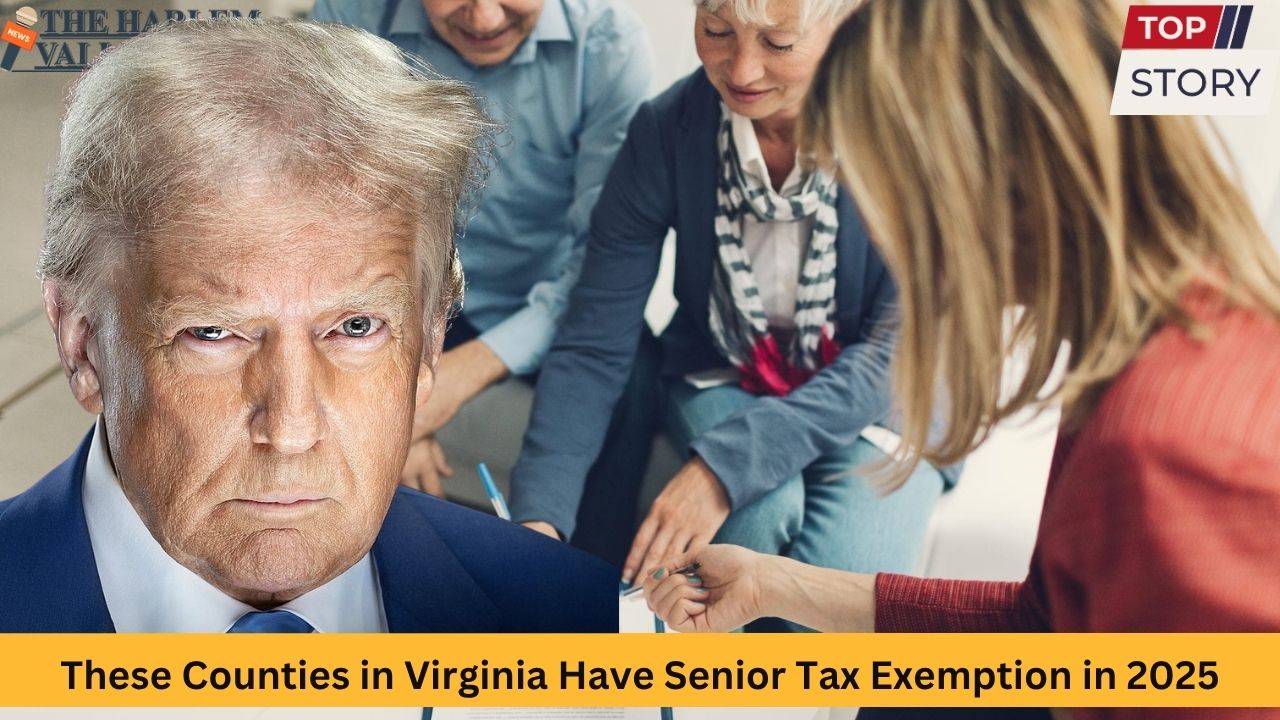


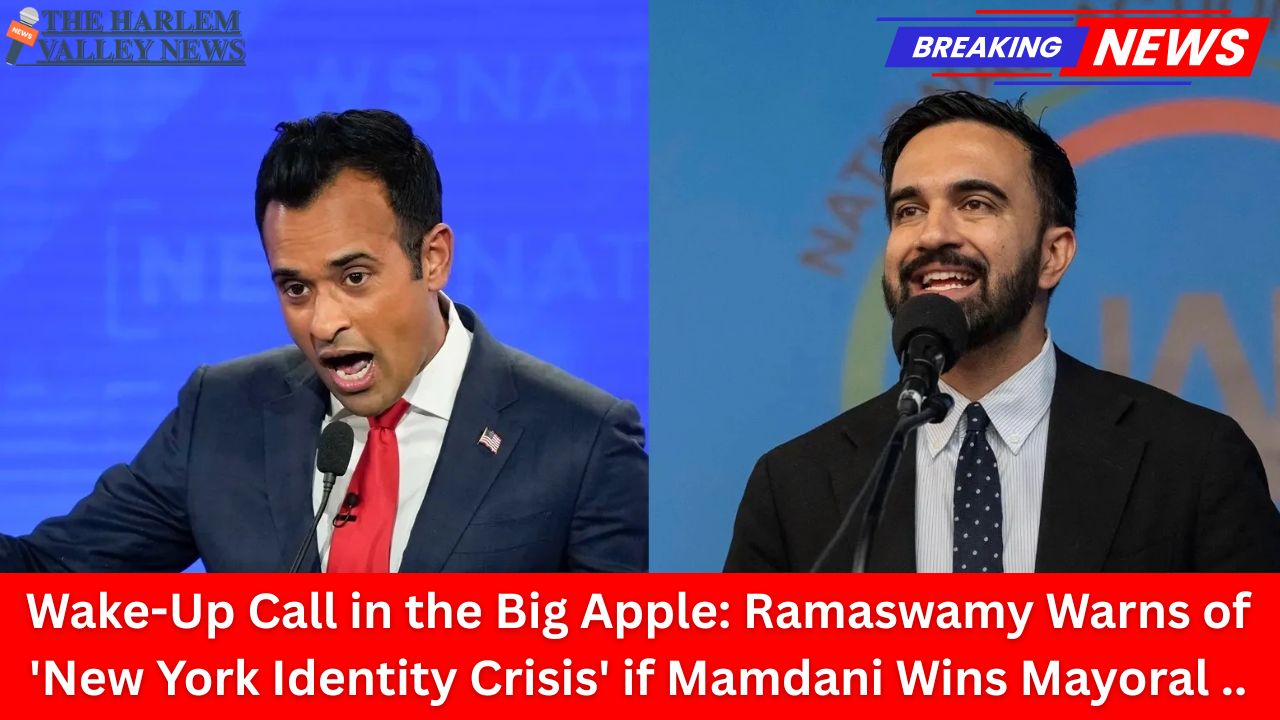
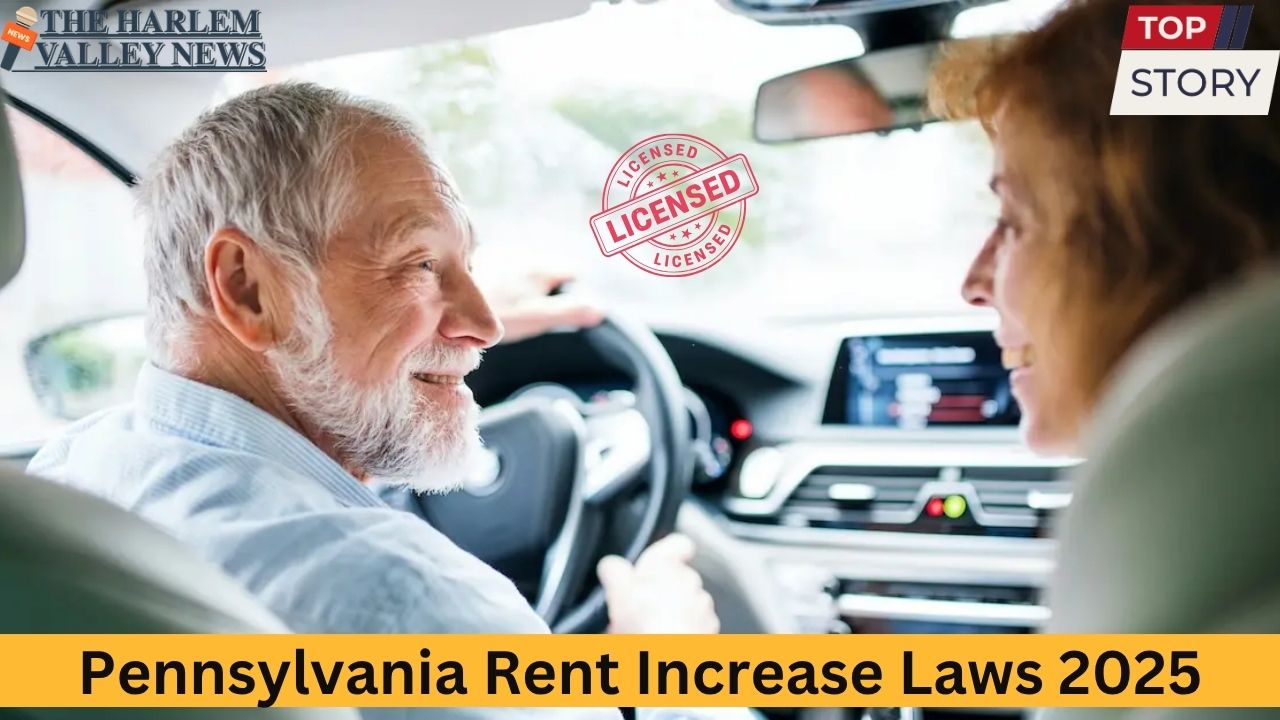
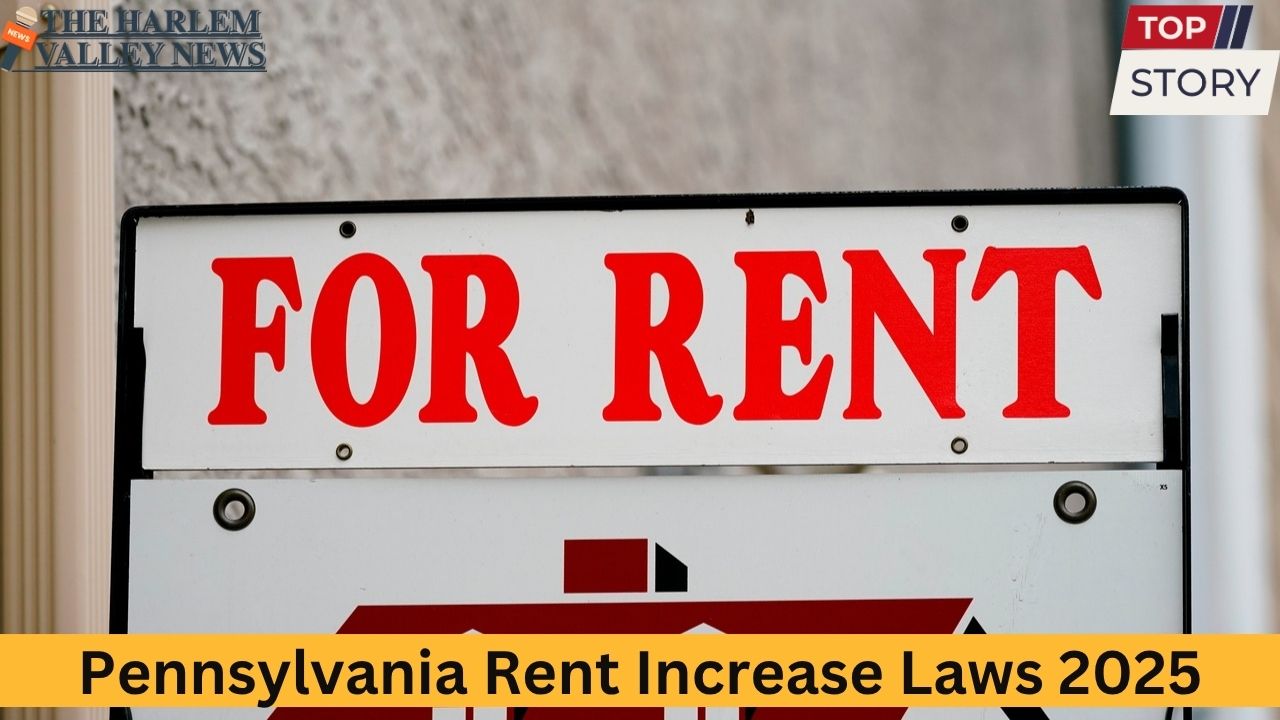


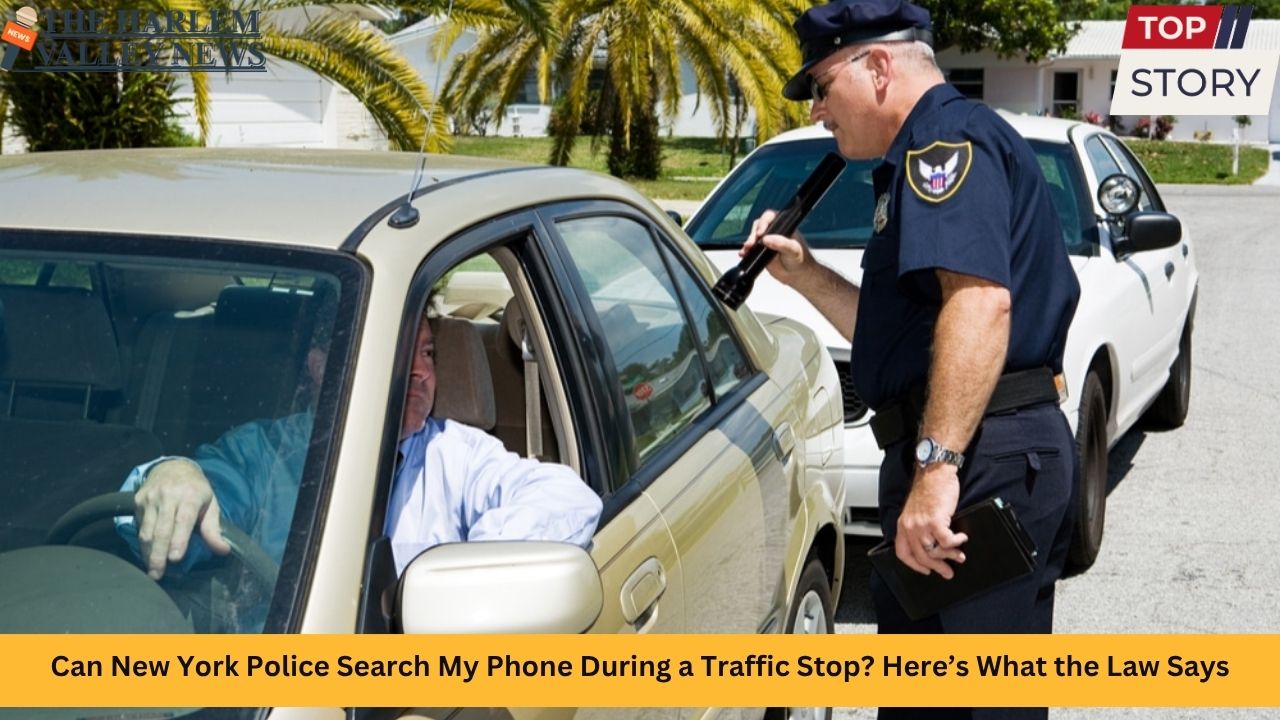
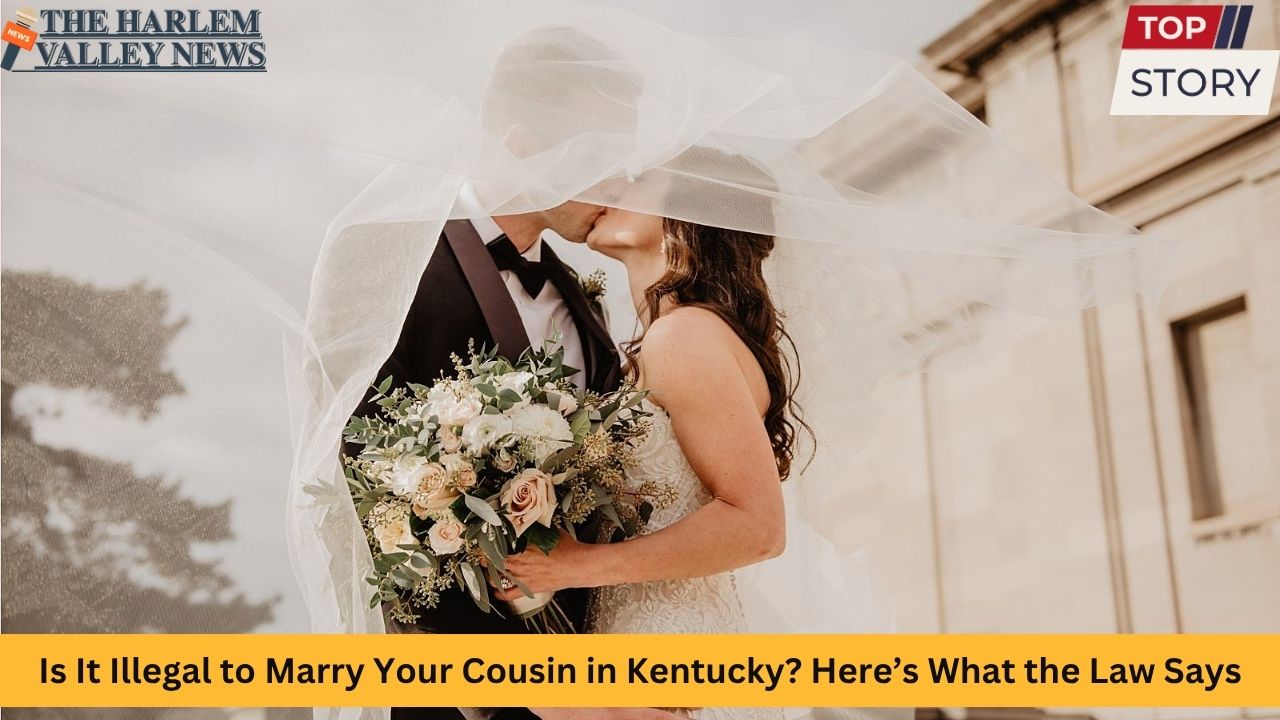
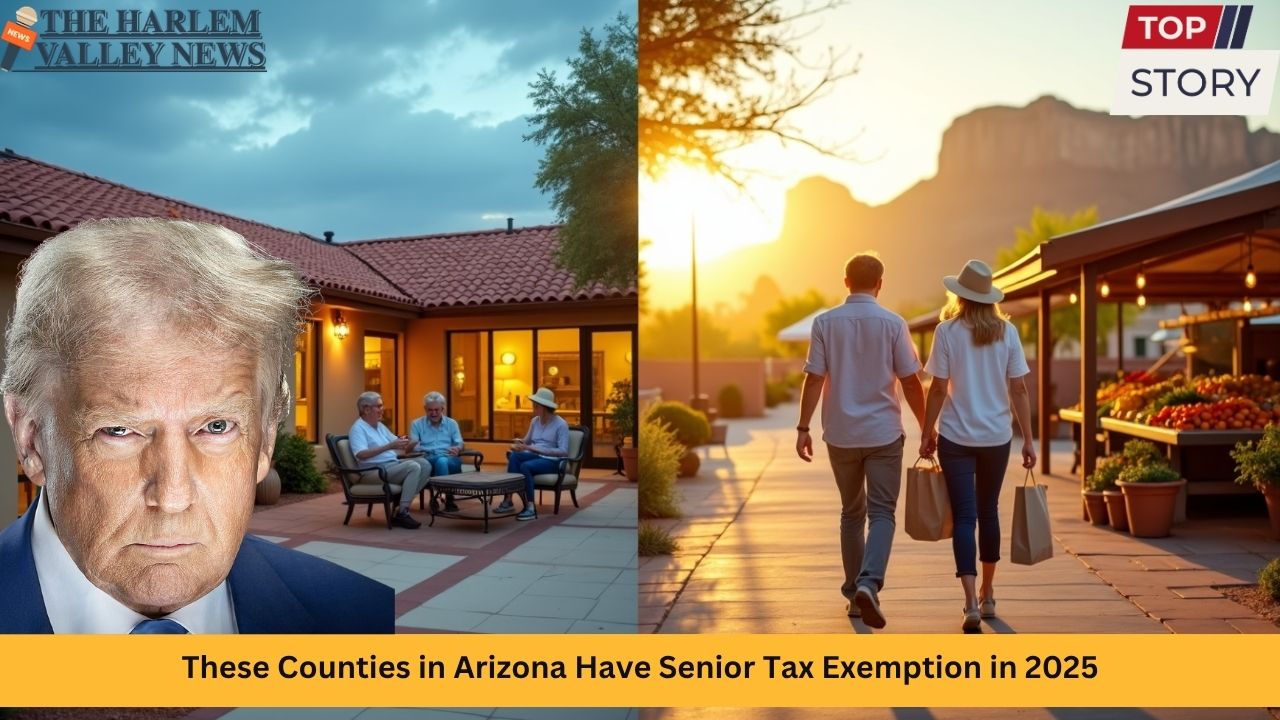

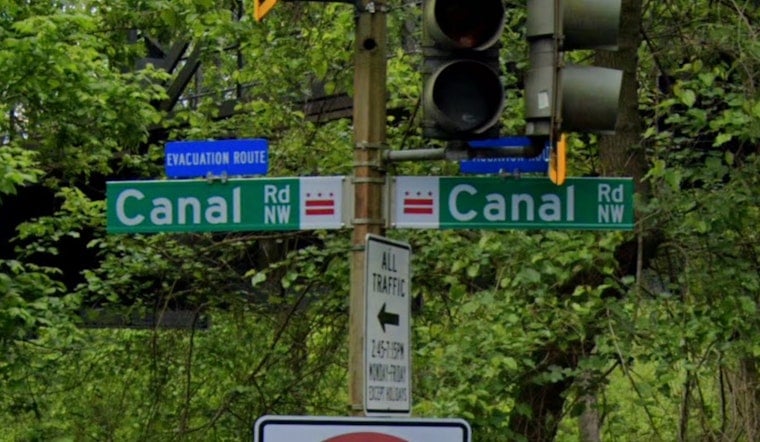
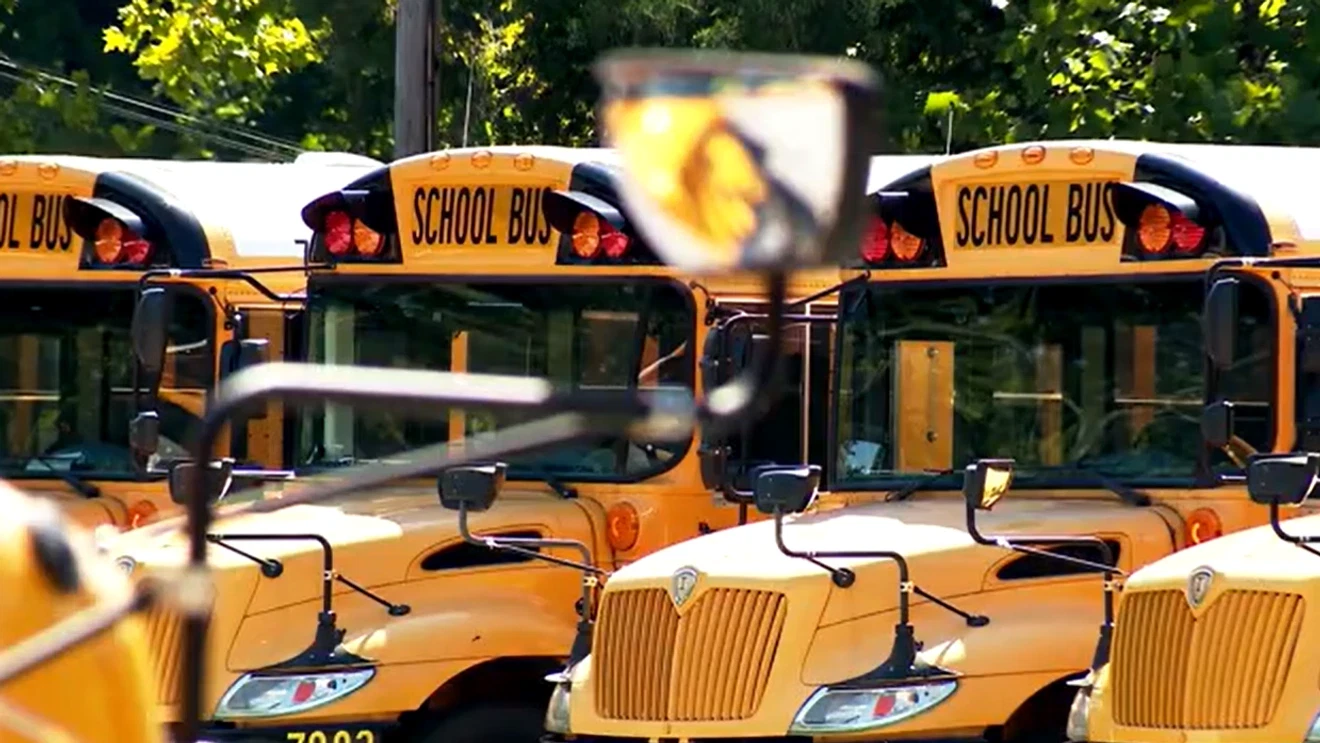

Leave a Reply